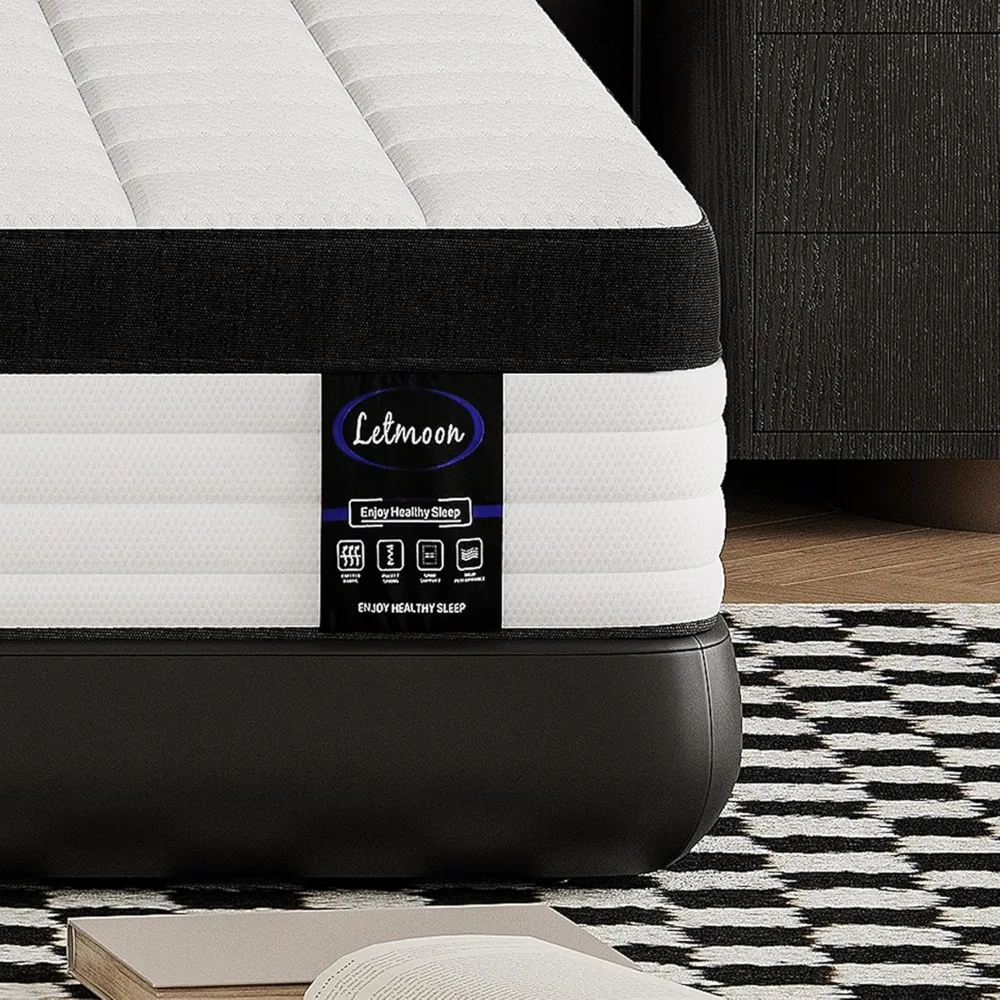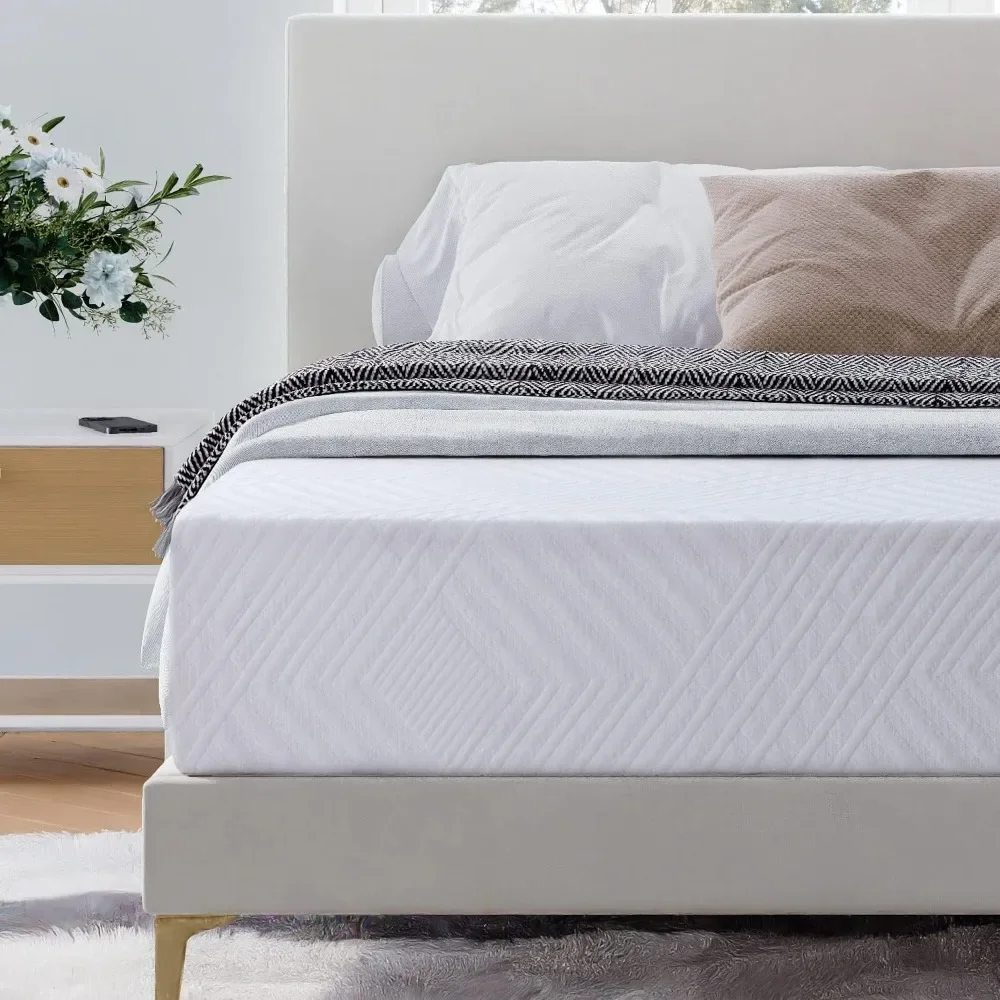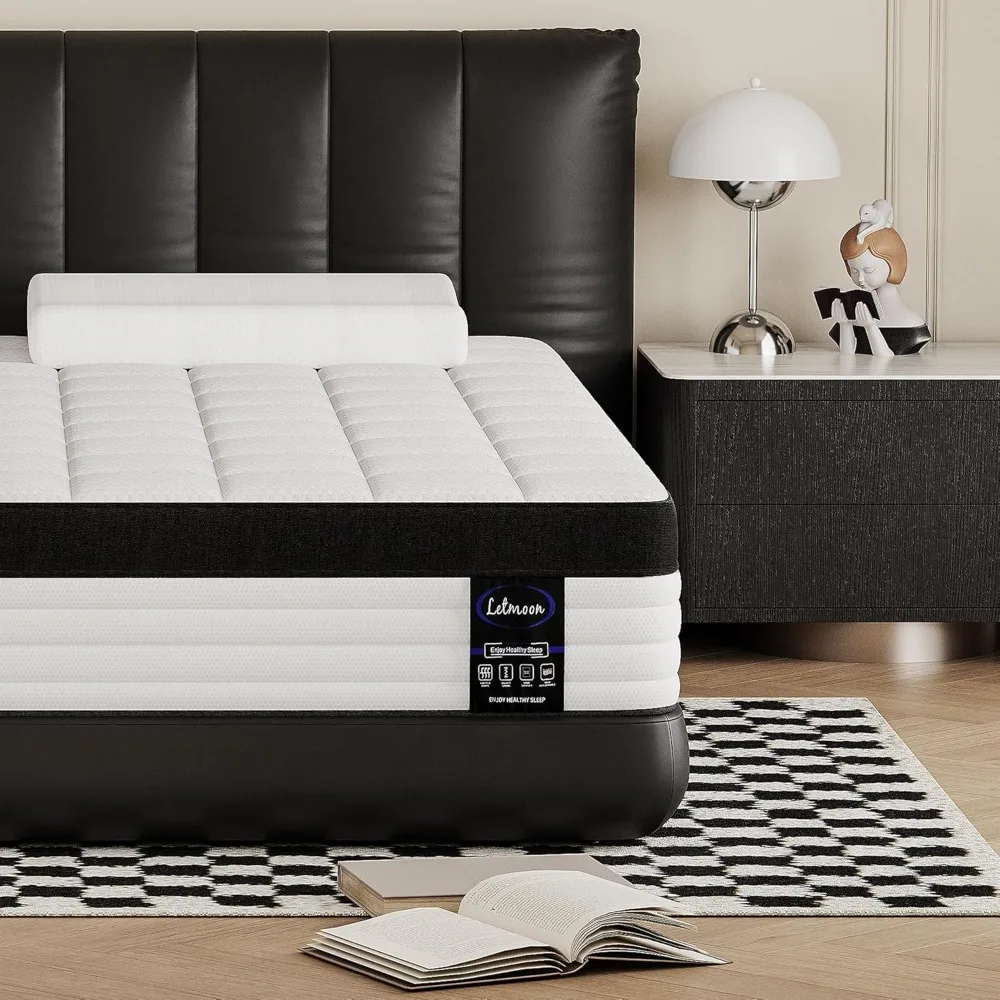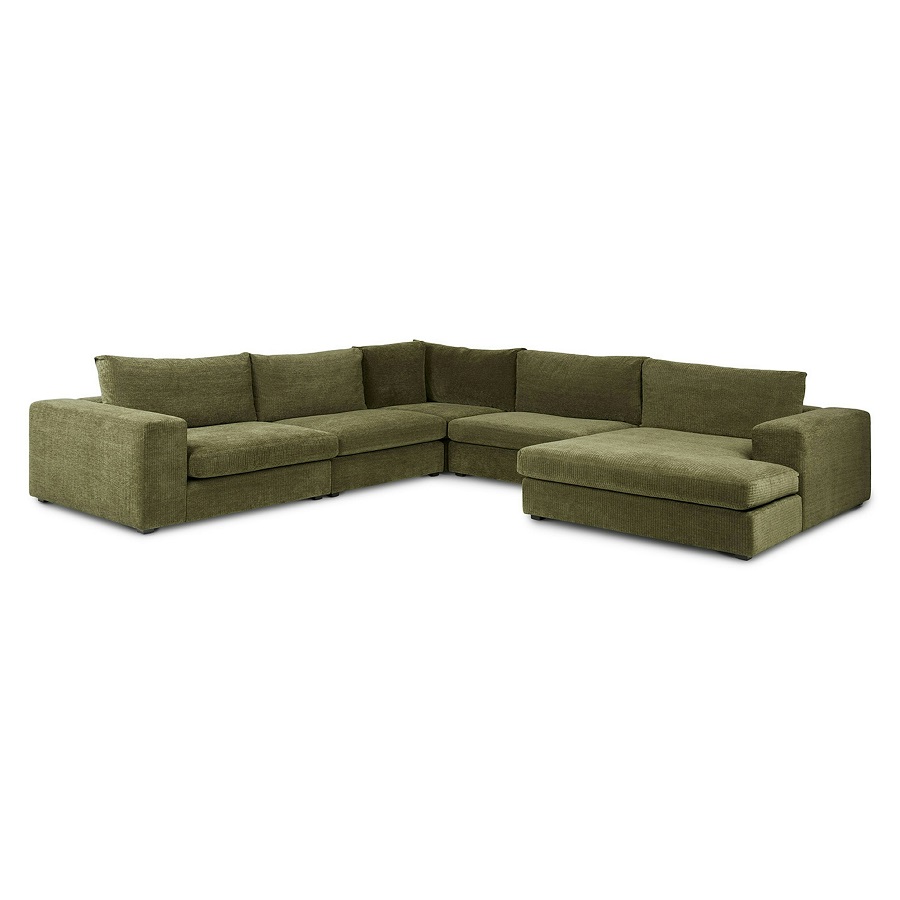When it comes to buying a new mattress, many consumers tend to overlook an important aspect: weight. Understanding how much mattresses weigh is crucial for several reasons, including portability, support, and even room arrangements. Different types of mattresses vary significantly in weight, and these variations can influence your buying decision. This article will explore the factors that affect mattress weight, compare different types, and help you make an informed choice.
The Basics of Mattress Weight
Mattresses are typically categorized into several types, each constructed from unique materials that contribute to their overall weight. Generally, mattress weight can range anywhere from 30 pounds for a lightweight twin mattress to over 200 pounds for a high-end king-size memory foam or latex mattress. The weight of a mattress typically correlates with its size—larger mattresses will obviously weigh more—but the material and design are significant contributors as well.
The weight of a mattress is not merely a numeric figure; it provides insight into the quality, durability, and support that the mattress can offer. Hence, understanding these factors can greatly affect your overall sleep experience. If you are planning to move or rearrange your bedroom, being aware of the mattress weight can help you make better decisions and avoid potential injuries or damage.
In sum, the weight of a mattress is an often-overlooked factor that can have far-reaching implications for consumers. Knowing the weight will not only help in matters of logistics but will also offer vital information about what you can expect in terms of support and durability. Now, let’s delve deeper into the different types of mattresses and their respective weight ranges.

Memory Foam Mattresses: Weight and Benefits
Memory foam mattresses have gained popularity in recent years due to their ability to conform to the body shape, providing customized support. The weight of a memory foam mattress largely depends on its density, which can vary. Generally, a standard full-size memory foam mattress can weigh between 50 to 100 pounds. High-density memory foam can lead to even heavier options, especially in larger sizes.
The weight of these mattresses is not just a numbers game; it also plays a critical role in their effectiveness. Heavier memory foam mattresses tend to offer better durability and longevity. The dense material resists sagging and wear and tear, making them a wise long-term investment. However, their weight can make transportation and maneuvering a challenge. If you live alone or plan to move frequently, you may want to consider a lighter option or enlist help when relocating a heavier mattress.
An added consideration is that heavier mattresses generally provide better motion isolation. For couples, this can mean fewer disturbances from movements during the night, enhancing overall sleep quality. However, be prepared for the logistics; heavier mattresses need sturdy frames and may require more robust bedding arrangements, impacting your overall purchasing and setup cost.
Innerspring Mattresses: Weight Characteristics
Innerspring mattresses are among the most traditional choices available. They typically consist of coils or springs covered by layers of padding or foam. The weight of innerspring mattresses can vary widely, often falling between 40 and 120 pounds depending on the mattress size and coil count. Unlike memory foam, the weight distribution in innerspring mattresses can be affected by the type of coils used—continuous coils tend to weigh less compared to pocketed coils.
One of the primary benefits of innerspring mattresses is their breathability, which is often improved by their lighter weight. This characteristic makes them a popular choice for people who may overheat during the night, as they allow for more airflow compared to denser memory foam models.
However, it’s worth noting that the general durability may not match that of heavier mattresses. Innerspring mattresses can sag over time, particularly if they are on the lighter side. If you decide to go with this type, consider opting for models with higher coil counts for better support and durability.
Although lighter than memory foam, the weight of innerspring mattresses still necessitates some planning in terms of movement and arrangement. That said, they remain a versatile option for a range of sleepers looking for a balance between support and comfort.

Latex Mattresses: The Weight and Its Impact
Latex mattresses present another great option, known for their natural materials and significant durability. The weight of latex mattresses is generally on the higher side, ranging from about 60 to 130 pounds, depending on whether you choose natural or synthetic latex and the overall size of the mattress. Natural latex mattresses tend to weigh even more due to the density and quality of the material used.
Heavyweight latex mattresses offer excellent support and durability. Their weight also ensures less motion transfer, which is vital for couples who share a bed. Additionally, latex mattresses are praised for their resistance to allergens and dust mites, making them a healthier choice for sensitive individuals.
Another aspect to consider is that while heavy mattresses offer good durability and support, they can be cumbersome to move. Keep logistical aspects in mind—the weight can make it challenging to rotate or adjust the mattress regularly, even if they don’t need flipping.
Moreover, the investment in a heavier latex mattress can pay off in the long run due to its longevity and resilience. If you’re willing to handle the weight, latex mattresses can be an excellent choice for both comfort and support.
Air Mattresses: The Lightweight Contenders
Air mattresses, often used for temporary sleeping arrangements, vary in weight depending on size and design. A twin air mattress can weigh as little as 15 to 30 pounds, making them significantly more lightweight compared to traditional mattresses. This makes air mattresses highly portable, a desirable feature for camping trips or overnight guests.
While the low weight is a significant plus, it also comes with trade-offs. Air mattresses typically do not offer the same level of support and durability as their heavier counterparts. They can easily puncture and may deflate, needing periodic attention if they are used regularly. They also don’t provide the same level of comfort and support that you might get from a more conventional mattress type.
If you are considering an air mattress for an extended stay, you might run into concerns regarding comfort and support. Although they can be incredibly convenient and lightweight, be prepared for potential discomfort, particularly if used for extended periods. They may be a good option for short-term use but aren’t typically recommended for long-term sleep solutions.
Factors Affecting Mattress Weight: A Comprehensive Overview
The weight of a mattress influence by several factors. Crucially, the materials used in its construction play a vital role in determining its overall weight. For example, mattresses made with high-density foam or thick natural latex will generally weigh more than those made with lower-density materials or less padding. Coil count and type also contribute to this; more coils generally mean a heavier mattress.
The size of the mattress obviously factors into its weight as well. A king-size or queen-size mattress will weigh significantly more than a twin or full-size option. Moreover, some manufacturers incorporate additional features such as pillow tops or gel layers, which can further increase the weight.
Environmental factors can also come into play. For instance, certain types of mattresses may expand or contract based on humidity, affecting their weight. Additionally, the manufacturing process can influence weight, as low-quality materials might lead to lighter weights but at the cost of durability and support.
Understanding these factors will not only help you make an informed purchase but will also assist in logistics—this includes moving, setting up, and even long-term care. Factors like weight and material composition must align with your personal preferences and sleeping needs. Therefore, you have to consider this aspect holistically—look beyond just the comfort and price.

Conclusion: Making a Smart Mattress Choice
Choosing the right mattress is no small feat, particularly when you consider the weight variations among the different types. Whether you prefer the luxurious embrace of memory foam, the traditional support of innerspring, the health-conscious benefits of latex, or the convenience of air mattresses, the weight plays a pivotal role in your choice.
Understanding the implications of mattress weight will empower you to make a more informed decision that not only suits your sleeping style but also aligns with your logistics—whether that’s moving in and out of a space, adjusting bedding, or maintaining your mattress over time.
Consider essential aspects like durability, portability, and long-term comfort before making a final decision. In the end, your mattress should be a haven for restful sleep, so don’t underestimate the influence of weight in your shopping journey. By considering all these factors, you can ultimately make a choice that will contribute significantly to your quality of life and sleep.










